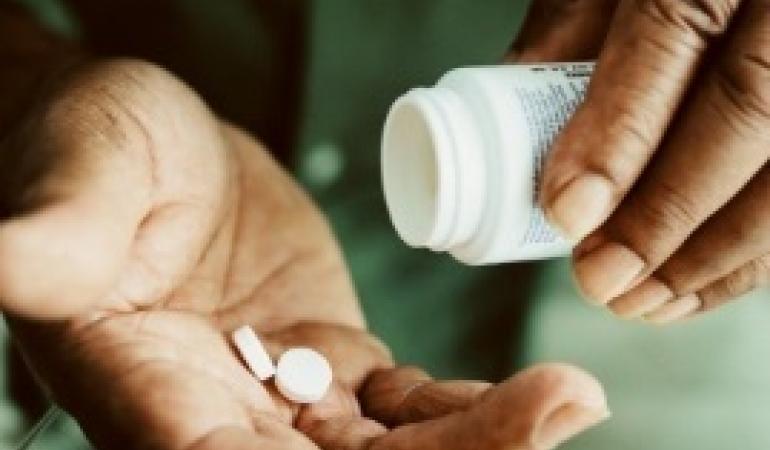
Off-label use of medicinal products in the European Union is common, both in primary and in secondary care. Off-label use frequently occurs in pharmacotherapy in children and in people with a rare condition, but also oncology, rheumatology and psychiatry are areas with off-label use. This emerges from a study by NIVEL, RIVM and EPHA at the request of the European Commission.
Off-label use refers to any intentional use of an authorised product not covered by the terms of its marketing authorisation and therefore not in accordance with the Summary of Product Characteristics. This is the document that includes the terms under which a medicinal product can be used safely and efficaciously as established during the marketing authorisation procedure.
Factors affecting off-label use
This study shows that off-label use is driven by many factors. Often there is no other treatment available for the patient; in that case off-label use of an authorised medicinal product is the only option. Also, the time and cost of developing a new application of an existing product could play a role. In addition, a medicinal product is sometimes used off-label because it is cheaper than the product which has been registered for the particular disease.
Measures at national level
In case of off-label use of a medicine, the risk-benefit balance has not been assessed by a competent registration authority. To secure responsible off-label use, several countries in the European Union have developed specific policy tools in the field of off-label use. France, for example, has a system in place recommending products to be used temporarily, wherein monitoring of efficacy and side effects takes place. In Hungary, doctors should ask permission to a specially appointed committee to prescribe a product off-label. In the Netherlands, off-label prescription is allowed if the application is included in the treatment standards or protocols; in case these standards or protocols are under development, the prescriber should first consult a pharmacist.
Policy options
Experts were asked which opportunities they see for policies in the field of off-label use. Ten options were mentioned, such as European support for Member States in the preparation of national guidelines for off-label use. Another option was to encourage pharmaceutical companies to register products for new indications or target groups. Also more extensive monitoring of the efficacy and side effects of drugs used off-label were mentioned by the experts, as well as the need for good and accessible patient information.